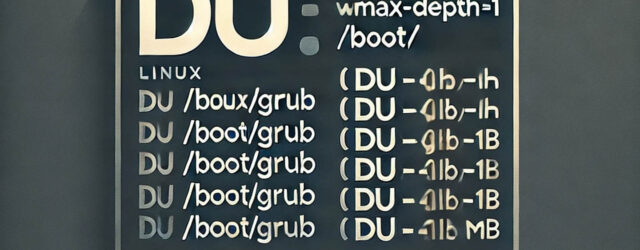DDoS-Deflate $CONF not found. In Debian and Ubuntu
DDoS-Deflate $CONF not found. In Debian and Ubuntu If you have error: DDoS-Deflate version 0.6 Copyright (C) 2005, Zaf <[email protected]> $CONF not found. Change #!/bin/sh in first line of file: /usr/local/ddos/ddos.sh to #!/bin/bash There are two more instances of the… Continue Reading



